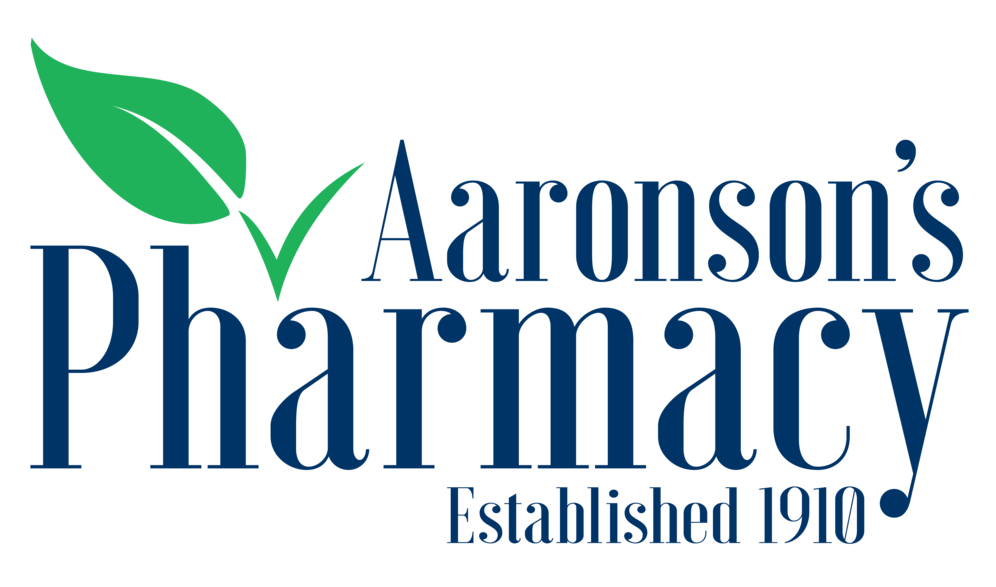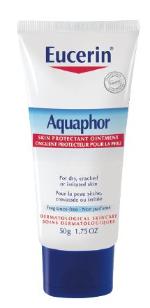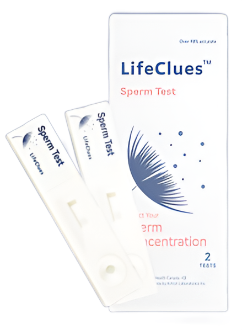
2024/2025 Flucelvax - CELL-BASED Flu Vaccine (LIMITED Pre-order) - QTY: 1 Dose Reservation
Flucelvax H1N1/H3N2 Flu Vaccine - Reservation
For Service at 1711 Cook Street, Victoria, BC, Canada.
PRE-ORDER / PRE-SALE / PRE-PAYMENT
For: FALL/WINTER 2024, private vaccination (ETA: Late Sept/Early October).
Your Pre-Purchased dose will be reserved for your appointment (TBD). A member of our team may contact you to verify your pre-order. Appointment times are expected to begin in Early October. Each patient will be notified as soon as their dose of vaccine has arrived, and the earliest possible appointment times will be made available.
Please order the exact number of doses you will require for each member of your family/group who wishes to receieve a Cell-Based H1N1/H3N2 vaccine.
Due to the need for refrigeration and clinical administration, doses cannot be shipped, and must be claimed in person. Patients will be required to visit the pharmacy for administration by appointment during the fall flu season.
Pre-orders are non-refundable / Non-returnable.
This vaccine is indicated for children, youth, adults, and those with egg-sensitivies. It is ideal for those who wish to receive the benefits of a cell-based flu-vaccine, and do not require a high dose.
If you are 65 y/o or more, and have reduced immune response to flu vaccines, you may prefer a HIGH-DOSE (egg-based) flu shot instead.
The following excerpt is from the CDC. The original article can be found here.
What are cell-based flu vaccines?
‘Cell-based’ refers to how the influenza (flu) vaccine is made. Most inactivated flu vaccines are produced by growing flu viruses in eggs. The flu viruses used in the cell-based vaccines are grown in cultured cells of mammalian origin instead of in hen’s eggs.
Flucelvax Quadrivalent is the only influenza vaccine in use in the United States [and Canada] for which the vaccine viruses are grown in a mammalian cell culture. Currently, the recombinant flu vaccine and the cell culture-based flu vaccine are the only egg-free flu vaccines licensed for use in the United States [and Canada].
Who can get Flucelvax Quadrivalent?
Flucelvax Quadrivalent is licensed for use in people 6 months and older.
Who should not get Flucelvax Quadrivalent?
People who are not within the FDA [or Health Canada] approved age range (those younger than 6 months), those who have had severe allergic reactions to any ingredient of the vaccine, or who have had an allergic reaction to a cell-culture based flu vaccine should not get Flucelvax Quadrivalent. Some people who have had an allergic reaction to other kinds of flu vaccines (other than cell-culture based flu vaccines vaccines) might be able to get Flucelvax Quadrivalent.
Why has a cell-based flu vaccine been developed?
Cell-based flu vaccine production does not use flu viruses grown in eggs and, therefore, is not dependent on the supply of eggs. In addition, use of cell-based candidate vaccine viruses (CVVs) in vaccine production has the potential to offer better protection compared to traditional, egg-based flu vaccines. The viruses used to make cell-based vaccines might be more similar to circulating “wild” flu viruses than the viruses grown in eggs and used to make egg-based vaccines. In one study published in the Journal of Infectious Diseases among Medicare beneficiaries 65 years and older during the 2017-2018 influenza season, cell-based vaccine provided greater protection against flu-related hospitalizations than standard-dose, egg-based vaccine. However, this difference was not seen in similar studies conducted during the 2018-2019 and 2019-2020 flu seasons.
Since the 2019-2020 flu season, all four flu CVVs used in the Flucelvax Quadrivalent are cell-based, making the vaccine egg-free.
How is the cell-based vaccine manufacturing process different than the traditional egg-based manufacturing process?
The cell-based vaccine manufacturing process uses mammalian cells (Madin-Darby Canine Kidney, or MDCK cells) to grow flu viruses instead of fertilized hen’s eggs. Since the 2019-2020 flu season, all four of the CVVs provided to the cell-based vaccine manufacturer are cell-derived rather than egg-derived. Learn more about the cell-based flu vaccine manufacturing process on CDC’s How Flu Vaccines are Made web page.
What is the significance of FDA approving cell-based candidate vaccine viruses for use in the Flucelvax Quadrivalent cell-based flu vaccines?
Growing flu viruses in eggs can introduce changes (called egg-adapted changes) that can cause differences between the viruses in the vaccine and the ones that are circulating (‘wild’). These changes may have important implications for the body’s immune response to vaccination. For example, egg-adapted changes could result in production of less effective antibodies by the human immune system, and this can make vaccines less effective at preventing disease caused by the specific flu viruses in circulation. FDA’s approval of cell-based CVVs for use in cell-based flu vaccines could possibly improve the effectiveness of cell-based flu vaccines.
What are the possible benefits of using cell-based flu vaccines?
Some observational studies have shown greater protection against flu or flu-like illness among people who received cell-based inactivated influenza vaccines compared with those who received standard-dose egg-based inactivated vaccines.
A potential additional advantage of cell-based technology is that it might permit faster start-up of the vaccine manufacturing process in the event of a pandemic. The cells used to manufacture Flucelvax Quadrivalent are kept frozen and “banked.” Cell banking ensures an adequate supply of cells is readily available for vaccine production. Growing CVVs in cell culture for the manufacture of Flucelvax Quadrivalent is not dependent on an egg supply. Cell-based vaccines might be easier to scale up if egg supply is limited.
What were the results of the clinical trials using cell-based technology?
A clinical trial of the previous trivalent formulation of Flucelvax demonstrated effectiveness and safety among persons 18 through 49 years old. In immunogenicity studies among people 18 years and older and 4 through 17 years old, Flucelvax Quadrivalent was found to produce a similar immune response to the trivalent formulation. Post-vaccination symptoms were typical of those seen with other injectable flu vaccines. Flucelvax Quadrivalent was subsequently studied in younger children, and as of October 2021 it is approved for persons 6 months of age and older.
Has cell-based technology been used before?
Cell culture technology has been used to produce other U.S.-licensed vaccines, including vaccines for rotavirus, polio, smallpox, hepatitis, rubella and chickenpox.
Cell-based flu vaccines have been approved for use in many European countries [and Canada].




Share this item: